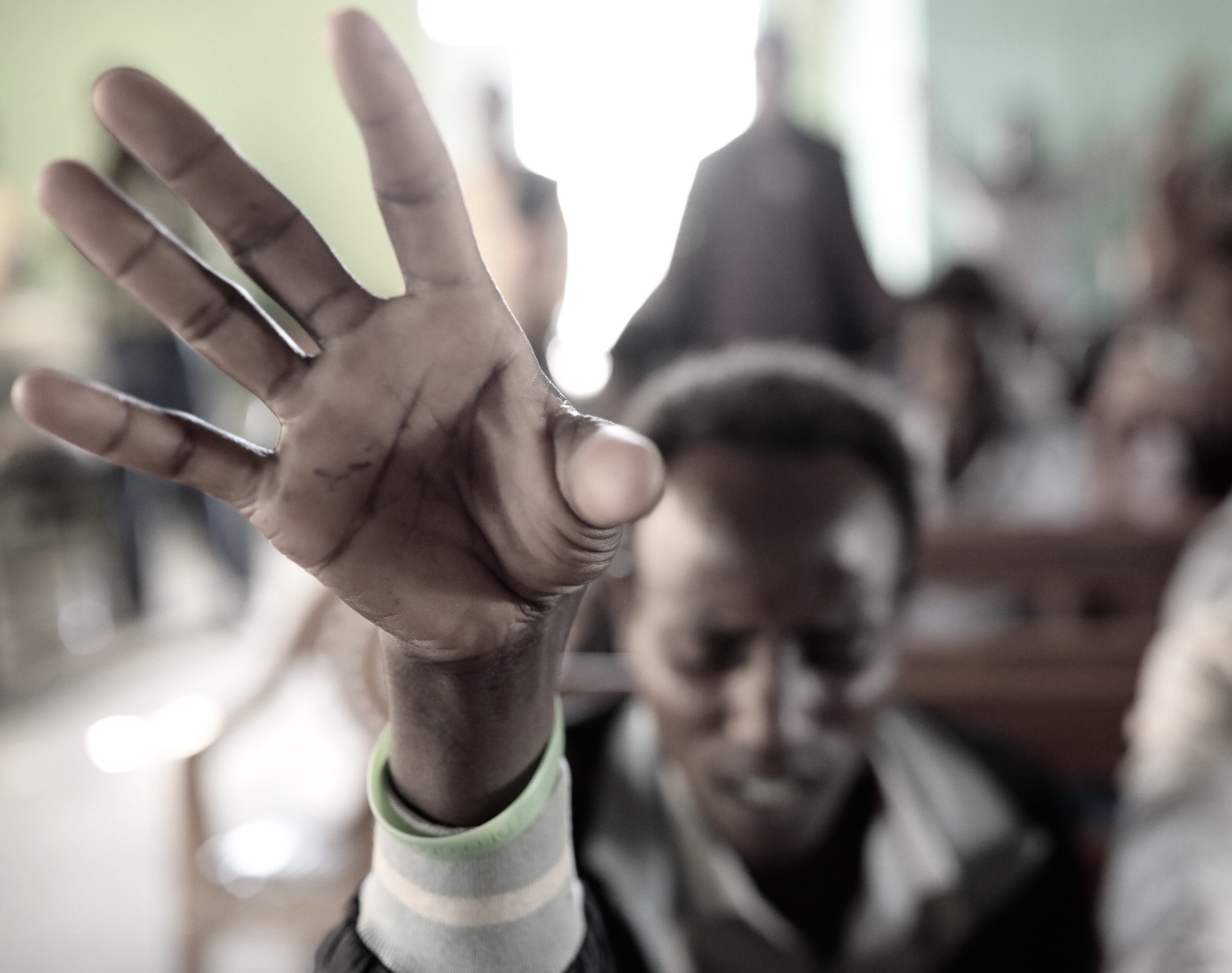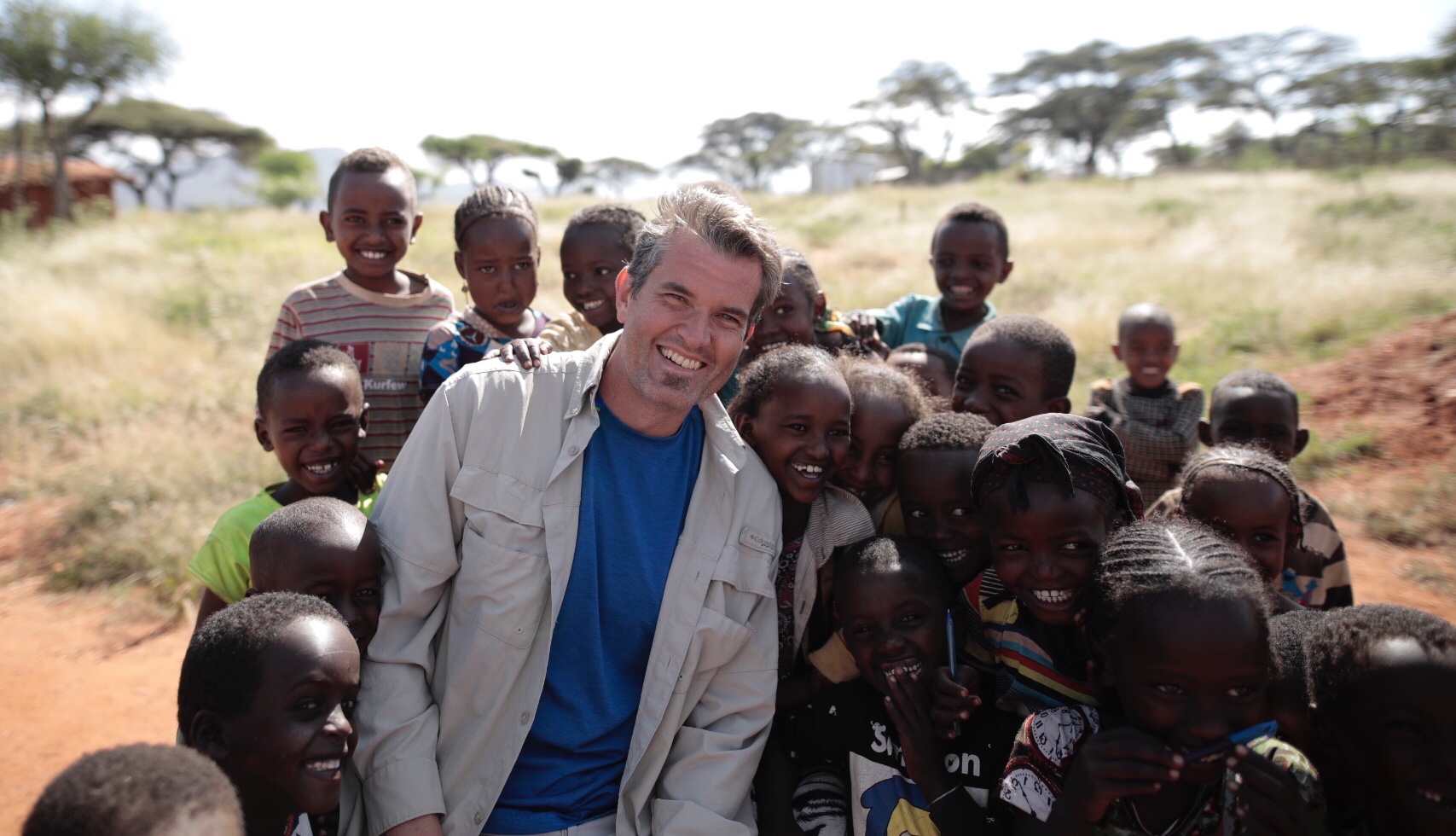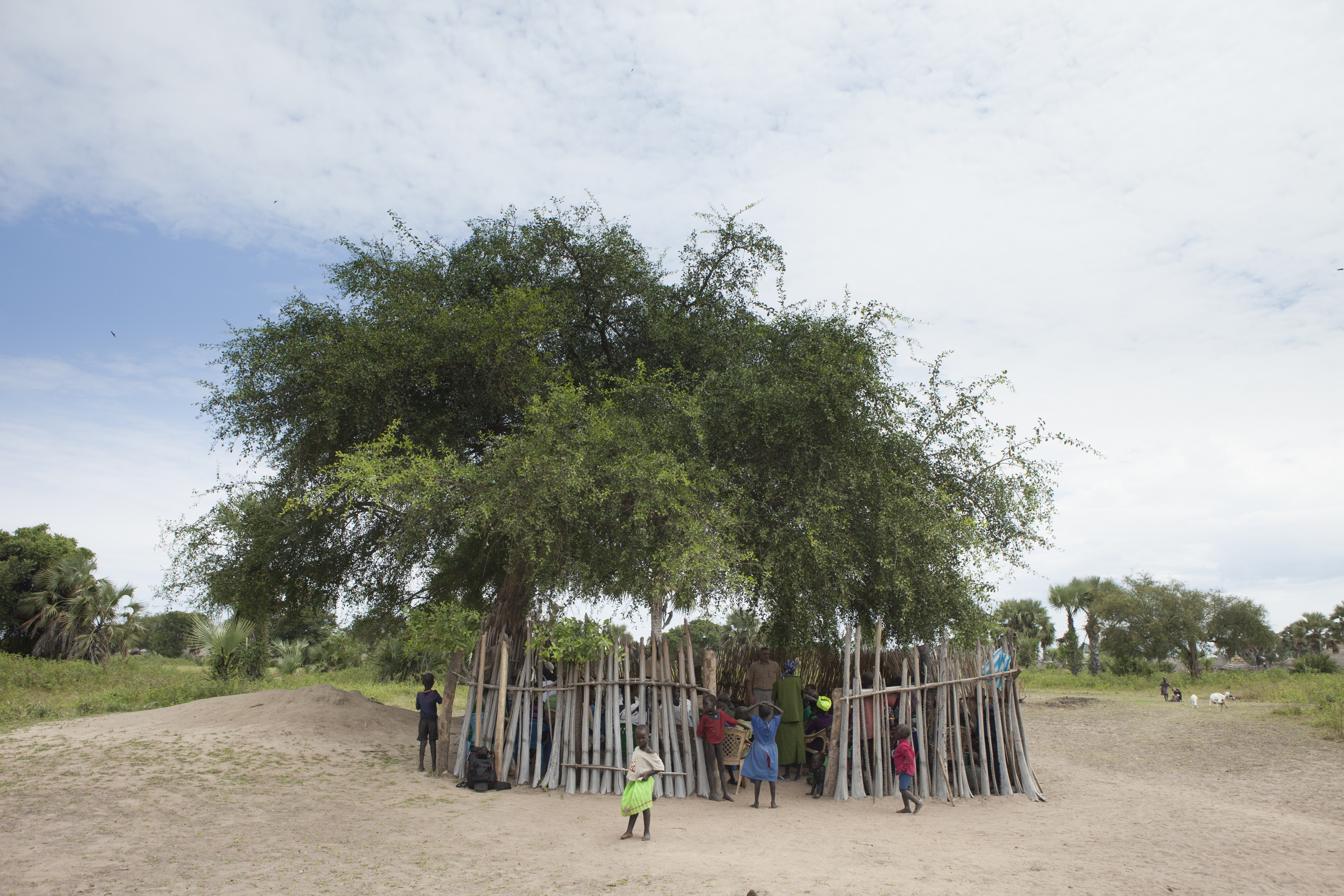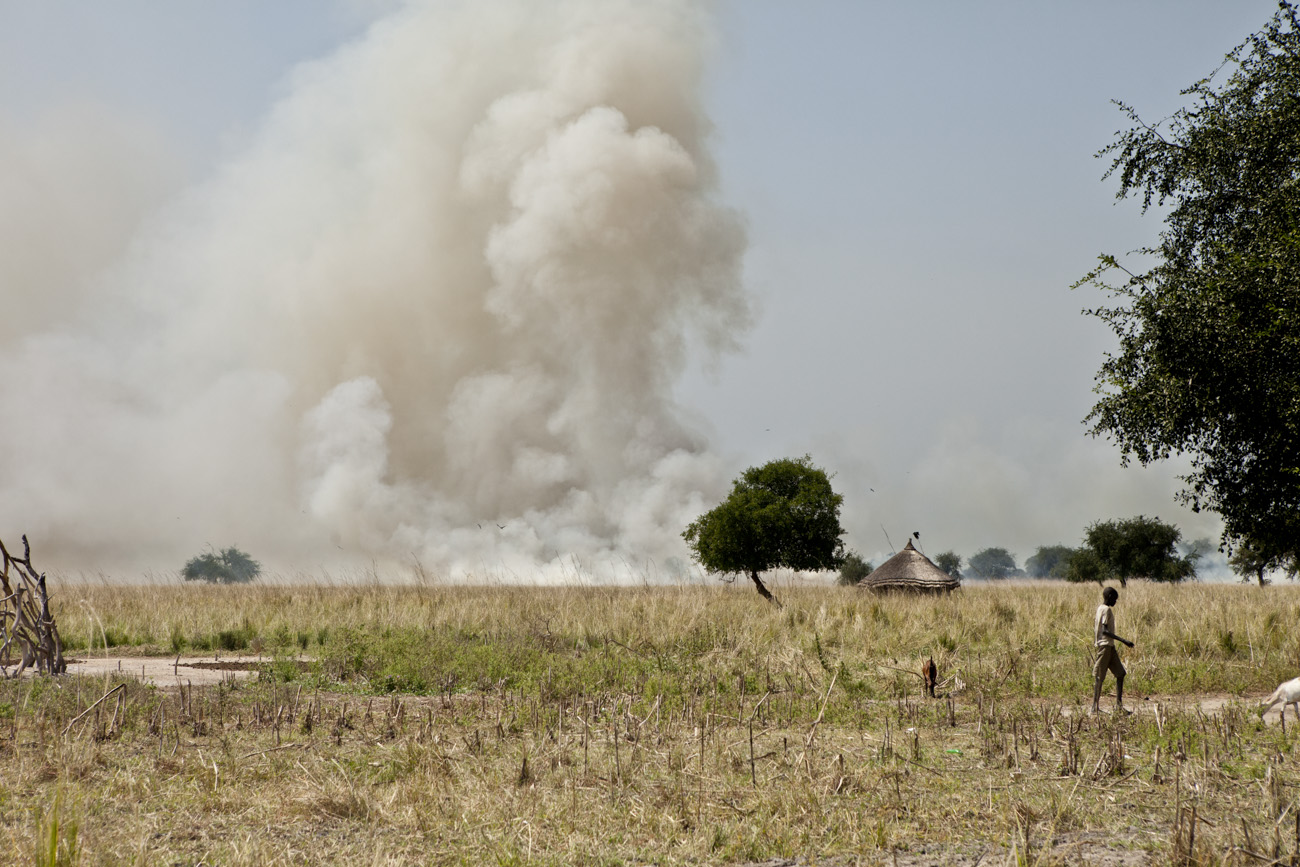In about six weeks I’ll be going back to Kenya, and as usual God has been speaking to me about His Kingdom. Last week He revealed something to me that broke my heart; something about the western Church and about myself as well. I wanted to break this up into a couple blogs, but I don’t think that’s going to be possible, so I apologize in advance for the length.
This will be my thirteenth trip to Africa in the last eight years. When you go somewhere outside of your own culture, there are certain things that become impossible to miss. One of those is how closely the African Church, at least as far as I’ve seen it, mirrors the church in Acts, and conversely, how poorly the western church mirrors the early Church.
As Jesus was just about to go up to Heaven, he gave instructions. “Go into all the world and preach the gospel to every creature. He who believes and is baptized will be saved; but he who does not believe will be condemned. And these signs will follow those who believe: In My name they will cast out demons; they will speak with new tongues; they will take up serpents; and if they drink anything deadly, it will by no means hurt them; they will lay hands on the sick, and they will recover.” (Mark 16)
Largely this is what I see in Africa. I see the sight of the blind restored, the sick healed, the insane restored and their entire lives changed, addicts recover. I see people pray for what we would consider crazy and God answers it, and the list goes on, reflecting what Jesus said would happen as signs that would happen after the gospel is preached.
While I see some of that in America, I don’t see nearly as much of it. So why would that be? Well, that was what God spoke to me about.
There are a number of gifts of the Spirit of God that are listed in the bible, besides the signs that Jesus mentioned in Mark. There’s a somewhat comprehensive list of the more common ones in 1 Corinthians 12.
“There are diversities of gifts, but the same Spirit. There are differences of ministries, but the same Lord. And there are diversities of activities, but it is the same God who works [e]all in all. But the manifestation of the Spirit is given to each one for the profit of all: for to one is given the word of wisdom through the Spirit, to another the word of knowledge through the same Spirit, to another faith by the same Spirit, to another gifts of healings by the same Spirit, to another the working of miracles, to another prophecy, to another discerning of spirits, to another different kinds of tongues, to another the interpretation of tongues. But one and the same Spirit works all these things, distributing to each one individually as He wills.”
There are largely two lines of thought on this in the west. Those who think that the gifts of the Spirit mentioned above are to be sought above all other things, and those who don’t think they exist anymore. So how do we get such polar opposite views in a supposedly singular Church? Well the answer to that question is where we went wrong, and where the African church can save us, because we’ve gone way off course.
I’m going to start with those who seek the gifts over all things. There are churches that will tell you that if you do not speak in tongues then you are not saved, or other similar statements about the gifts of the Spirit. But what are the gifts? If you look at what they are and how they are used, they not only display the glory of God, but more importantly they display the love of God to a lost world. It is no mistake that the next chapter in 1 Corinthians after the one about the gifts is the chapter about love, summed up in the verse, “And though I have the gift of prophecy, and understand all mysteries and all knowledge, and though I have all faith, so that I could remove mountains, but have not love, I am nothing.”
If we seek the gifts of the Spirit but do not love our neighbor, we only seek to perform spiritual parlor tricks. If we do not love our neighbor, who was created in God’s image, then we do not represent the God who created them.
The other side of the coin is those who say that the gifts of the Spirit died with the apostles, and that God no longer does these things today. Dispensationalism is the name for this doctrine for anyone that cares. I’ve heard prominent pastors engage in spiritual contortions in order to make this work in their own minds, going so far as to forbid these gifts. (How you can forbid something that supposedly doesn’t exist, I don’t know, but that’s beside the point.)
Here’s the problem; When those gifts start showing up, who am I going to believe, your preaching or my own lying eyes? Faith is the evidence of things unseen, but when God shows up in powerful ways and we still don’t believe it, that’s something straight out of hell.
But when we don’t see God show up in the ways He said He would, it’s easier to build a doctrine around how God has changed and not have to face the fact that we were unfaithful. You see, if we were faithful to love our neighbors as ourselves, as we were commanded to do; if we were to give of ourselves sacrificially to the poor and the lost, then the gifts of the Spirit would show up as a matter of course. If on the other hand we seek the gifts without doing what Christ commanded, then we are guilty of idolatry, worshipping the gifts rather than the giver.
So boiling it down, and this is going to make people mad, but so be it; the African church loves the lost, and we don’t. We don’t love the lost every time we turn a blind eye to the poor, every time we refer to immigrants as filthy criminals, every time we judge the addict because they “made bad choices and they’re just reaping what they sow. Shall I go on?
How do the Africans love their neighbors? By blessing people and praying the love of God over people even as they’re being beaten, by exercising gifts of healing over the son of someone who tried to burn down his house, by giving sacrificially to the needy, even in their own poverty. This is what the Church was created for.
As Jesus said when he started his ministry,
“The Spirit of the Lord is on me,
because he has anointed me
to proclaim good news to the poor.
He has sent me to proclaim freedom for the prisoners
and recovery of sight for the blind,
to set the oppressed free,
to proclaim the year of the Lord’s favor.”
Then he rolled up the scroll, gave it back to the attendant and sat down. The eyes of everyone in the synagogue were fastened on him. 21 He began by saying to them, “Today this scripture is fulfilled in your hearing.”
We’ve, no, I’ve got so much I have to learn.

Photo of the woman who’s sight was restored after two years of blindness in Ethiopia.

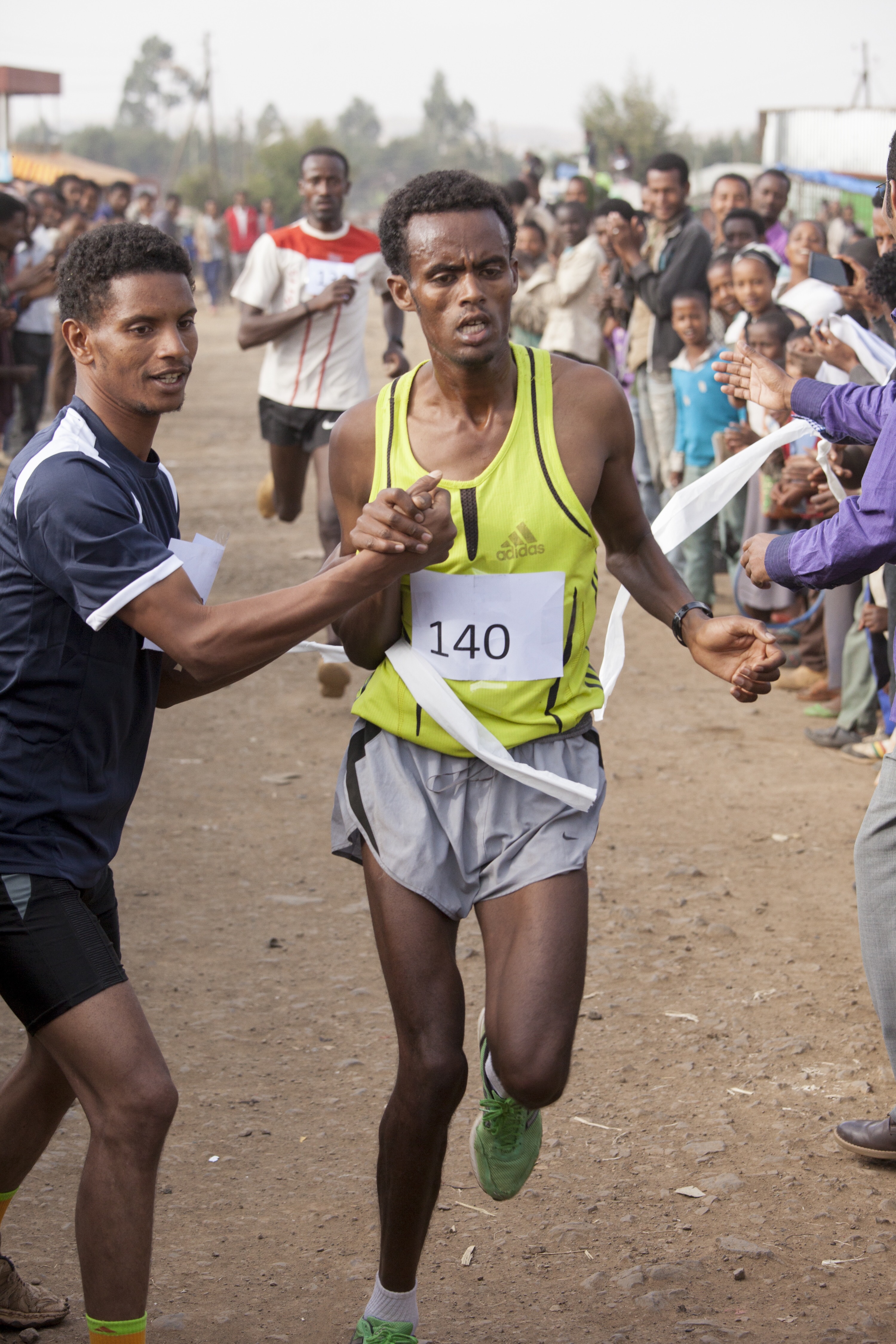
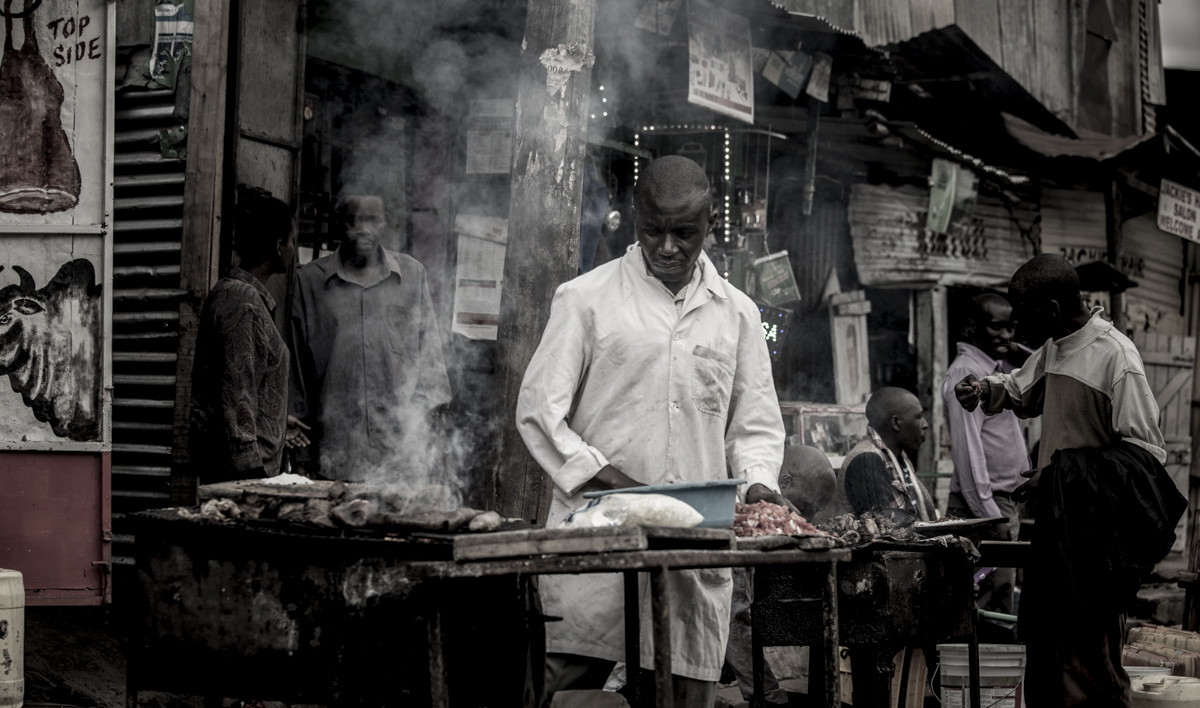


 I remember back in the early 1980’s, there was a boy known as “The bubble boy” who had to permanently live in a plastic bubble. He had a compromised immune system, and any exposure to the outside world could cause him to get sick and die. As I prayed this morning, the Lord brought that analogy to my mind as I thought about missions and service. You see, many of us are living our lives trying to avoid the world. While the boy in the bubble was safe from the world around him, he was relegated to a life of ineffectiveness.
I remember back in the early 1980’s, there was a boy known as “The bubble boy” who had to permanently live in a plastic bubble. He had a compromised immune system, and any exposure to the outside world could cause him to get sick and die. As I prayed this morning, the Lord brought that analogy to my mind as I thought about missions and service. You see, many of us are living our lives trying to avoid the world. While the boy in the bubble was safe from the world around him, he was relegated to a life of ineffectiveness. I’ve now been back from Ethiopia for three weeks, and have had some time to reflect on the things I saw and experienced. I want to convey a surreal event that happened November 26th. The week in Dire Dawa was finished, and I was prepared to move on to the second half of my trip. I had just gone for a run, and I walked back up to my room and onto the balcony overlooking the city to cool off. As the sun went down, the Muslim call to prayer rung out over loudspeakers from minarets around the city. At the same time this was happening, there were at least hundreds, if not over a thousand birds of prey circling over the city. It was one of those times I wished I’d grabbed the camera. As it got darker, they began to dissipate into different directions, and it got me thinking about the spiritual aspects of what was going on in that city. I just stood on the balcony and prayed over that city that God’s grace and power would come to it.
I’ve now been back from Ethiopia for three weeks, and have had some time to reflect on the things I saw and experienced. I want to convey a surreal event that happened November 26th. The week in Dire Dawa was finished, and I was prepared to move on to the second half of my trip. I had just gone for a run, and I walked back up to my room and onto the balcony overlooking the city to cool off. As the sun went down, the Muslim call to prayer rung out over loudspeakers from minarets around the city. At the same time this was happening, there were at least hundreds, if not over a thousand birds of prey circling over the city. It was one of those times I wished I’d grabbed the camera. As it got darker, they began to dissipate into different directions, and it got me thinking about the spiritual aspects of what was going on in that city. I just stood on the balcony and prayed over that city that God’s grace and power would come to it.
